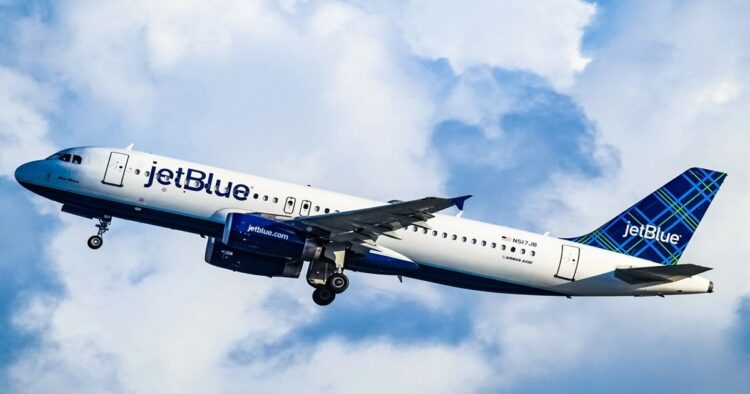JetBlue Airways Corp. has officially dropped its plans to acquire Spirit Airlines Inc. after a federal judge blocked the $3.8 billion deal citing antitrust concerns. The decision comes over a month after the initial ruling and follows an agreement between the two carriers, recognizing that necessary legal and regulatory approvals were unlikely to be obtained within the specified timeline. JetBlue will pay Spirit $69 million to settle all outstanding matters related to the deal.
JetBlue CEO Joanna Geraghty conveyed in an internal message to employees that the likelihood of obtaining approval for the merger in the near future was extremely low, causing distraction and diverting resources from more urgent priorities. This decision marks the end of JetBlue’s pursuit of Spirit and signifies a significant turnaround from their previous stance of fighting for the merger, despite analysts’ skepticism about the success of an appeal.
The failed acquisition attempt had been underway for some time, with JetBlue hoping to expedite its growth by incorporating Spirit’s planes and pilots into its operations, especially amidst a shortage in both resources. However, Spirit’s shares plummeted following the announcement, while JetBlue’s stock saw a modest increase.
The deal faced obstacles since a federal judge’s ruling in January, which deemed the acquisition would violate antitrust laws by eliminating a dominant low-cost carrier and potentially driving up prices while reducing competition in the market. Despite this setback, Geraghty expressed JetBlue’s commitment to challenging industry norms and pursuing growth opportunities.
The payment to Spirit includes various costs incurred by JetBlue throughout the acquisition process, such as legal fees, financing expenses, and prepayments to Spirit shareholders. While it remains unclear whether investor Carl Icahn’s involvement influenced the decision, his significant stake in JetBlue and subsequent board seats raise questions about potential impacts on the company’s strategic direction.
With the acquisition off the table, JetBlue can refocus its efforts on a standalone strategy aimed at returning to profitability. This includes evaluating cost-cutting measures, deferring aircraft acquisitions, and restructuring its flight network to adapt to changing market conditions.
The collapse of the Spirit deal marks another setback for former JetBlue CEO Robin Hayes, who had previously missed out on major partnership opportunities to strengthen the airline. Despite these challenges, JetBlue remains determined to navigate the evolving aviation landscape and pursue sustainable growth strategies in the future.

















Comments